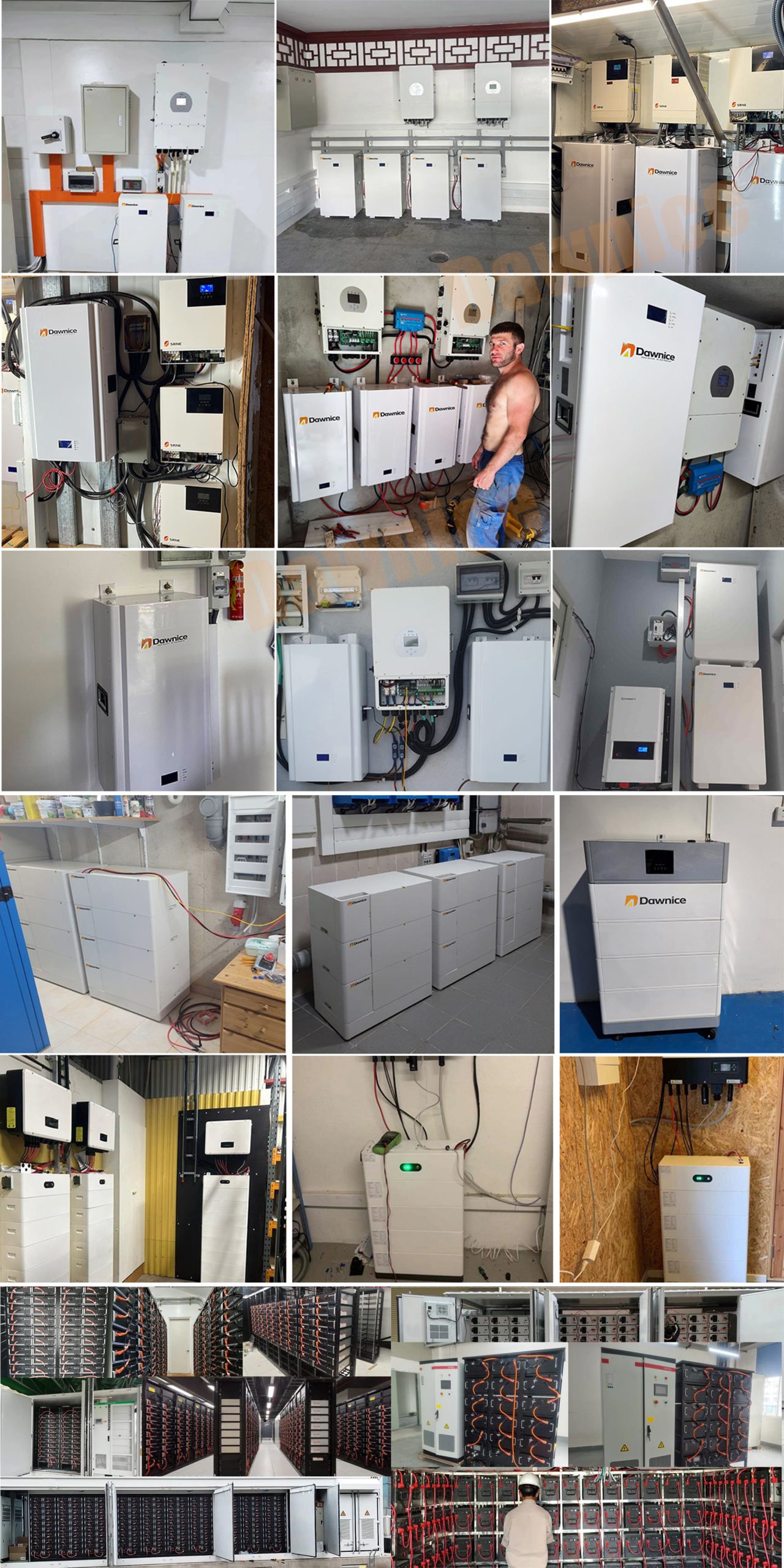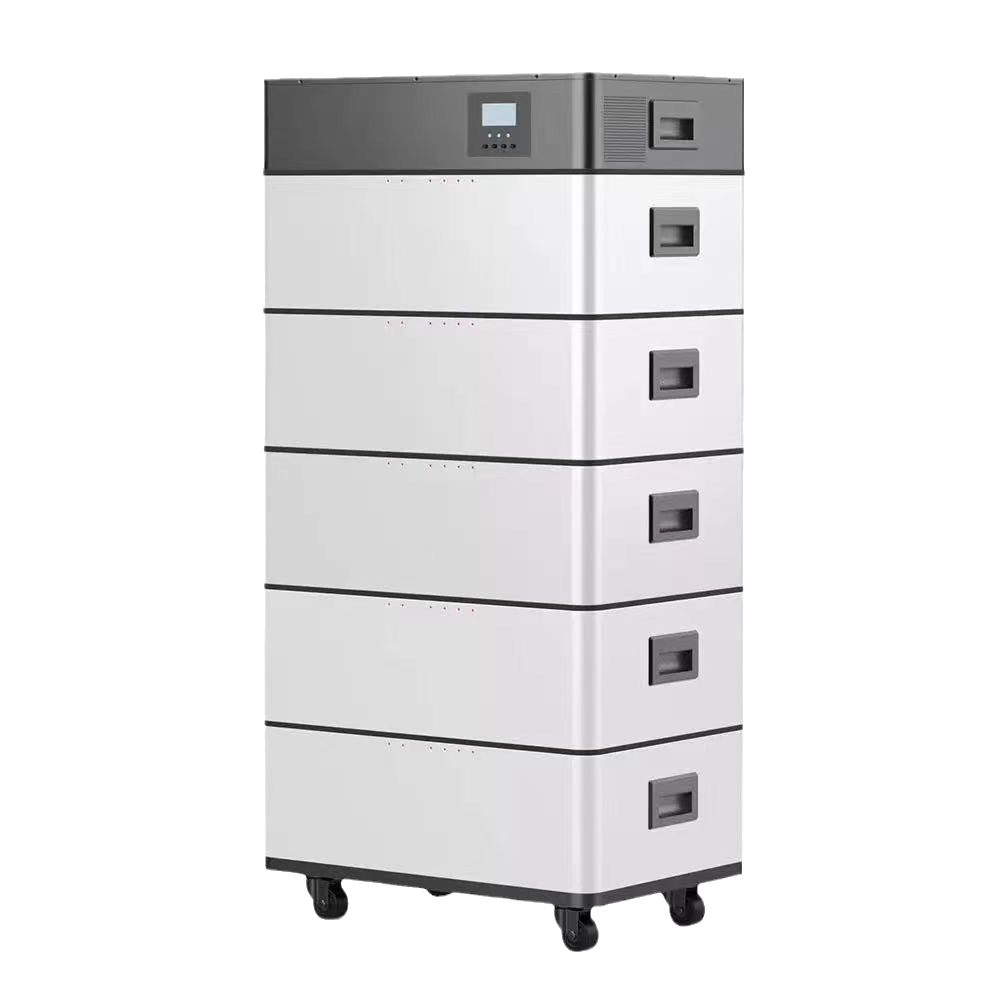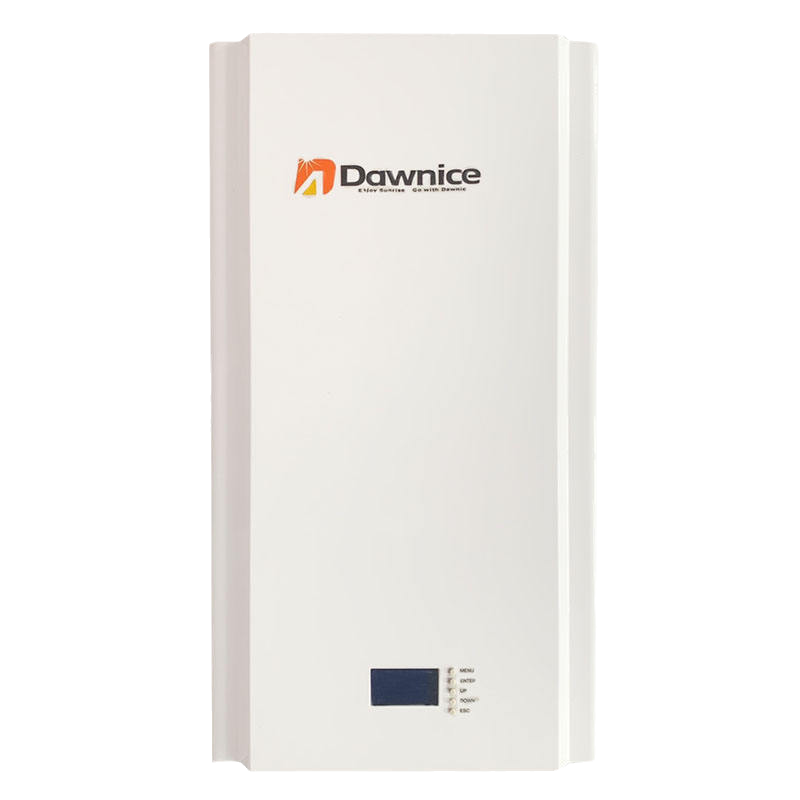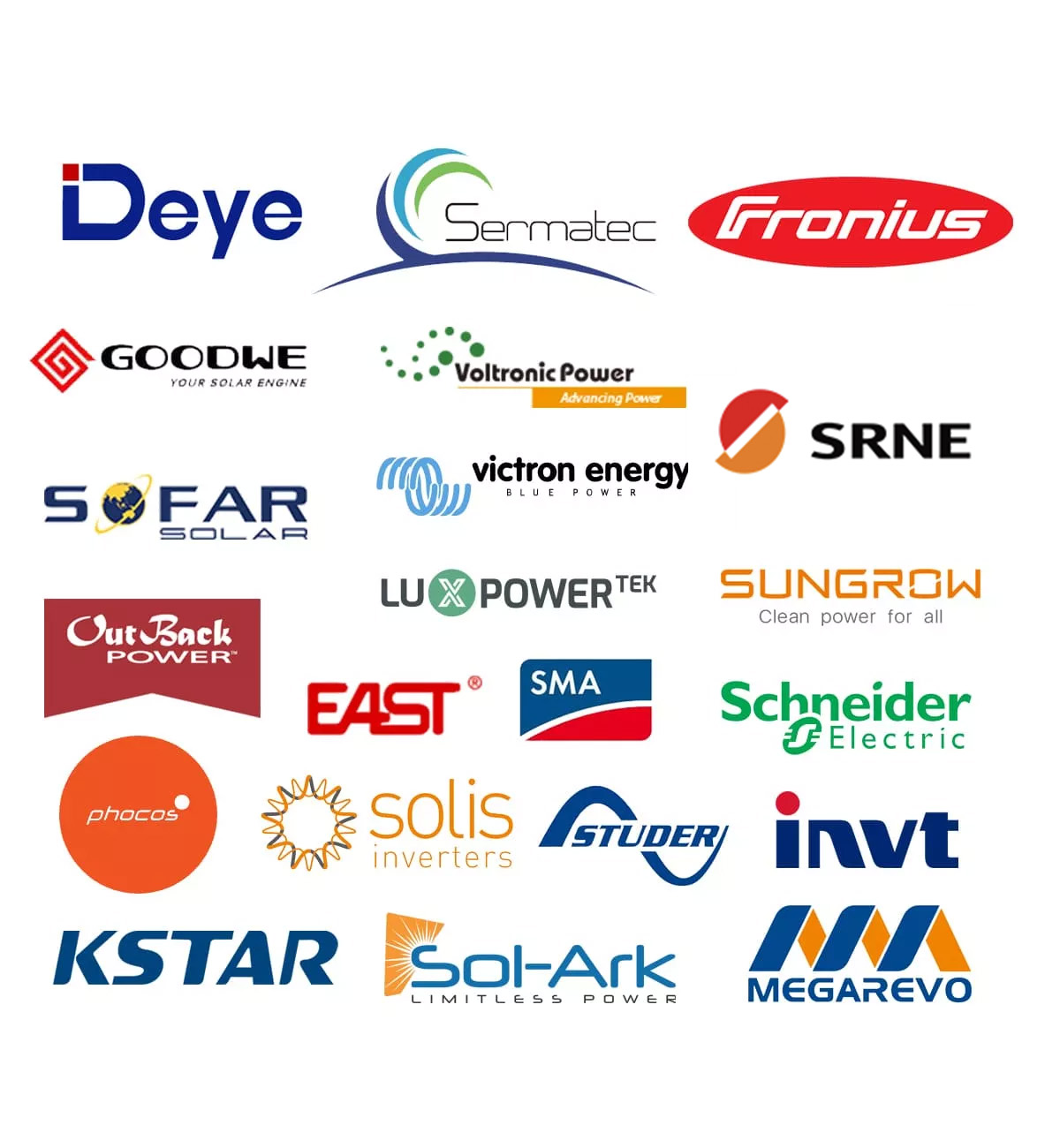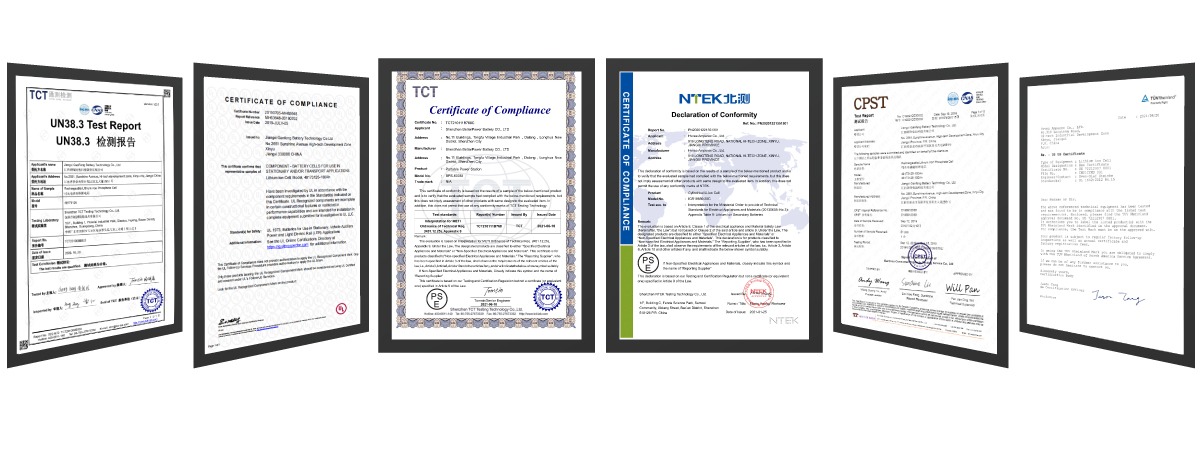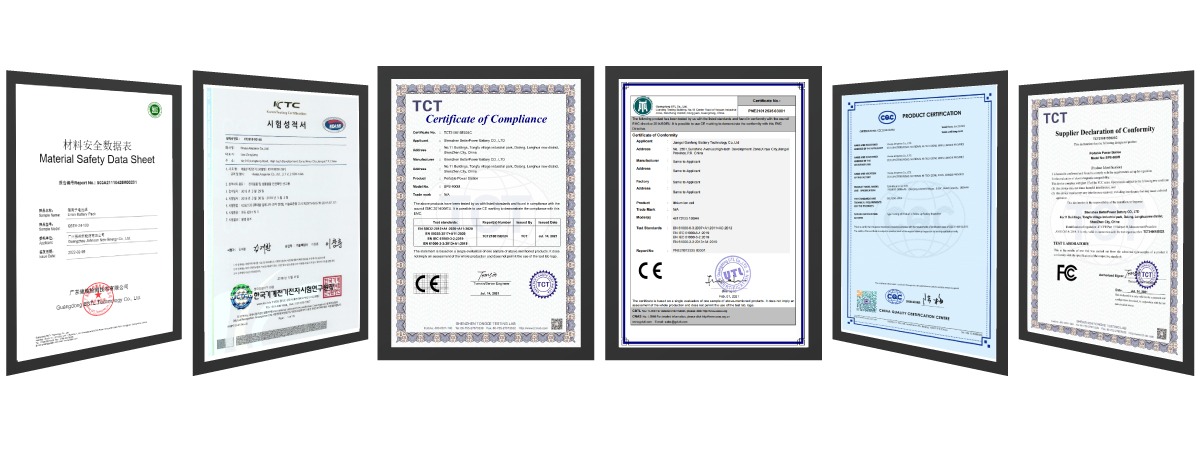Home
Storage
Battery
Home energy storage units are capable of storing electricity locally for future use, commonly referred to as a “Battery Energy Storage System” (BESS). These devices are typically composed of rechargeable lithium-ion batteries and are regulated by smart software to handle charging and discharging cycles.
Rechargeable batteries, which are generally lithium-ion-based, are at the core of home energy storage units that save electricity locally for later consumption, also known as a “Battery Energy Storage System” (BESS). The charging and discharging cycles of these units are handled by intelligent software controlled by a computer.
Is it currently appropriate to invest in home energy storage solutions?
Energy storage was once viewed as a novelty or something only for those living off the grid, but with technological advancements and the rise of domestic renewable energy, this sector has significant potential.
Energy storage is a great complement to the concept of a “smart home”. Many intelligent storage systems enable you to monitor your energy consumption online and charge the batteries with off-peak electricity from the grid if you’re on a tariff that offers cheaper rates at specific times of day, such as the Dawnice 5Kwh.
Energy storage is starting to play a role in intelligent energy management at the grid level. In the future, individuals may be able to use their energy storage devices, such as hot water tanks, to store surplus electricity in exchange for preferential rates.


Popular models for home storage system,
| Battery Voltage | Battery Capacity | Total Energy |
| 48V | 50Ah | 2560WH |
| 48V | 100Ah | 5120WH |
| 48V | 150Ah | 7680WH |
| 48v | 200Ah | 10240WH |
| 48v | 300AH | 15360WH |
| Other model customizeable, battery also can be put in parallel for high capacity | ||
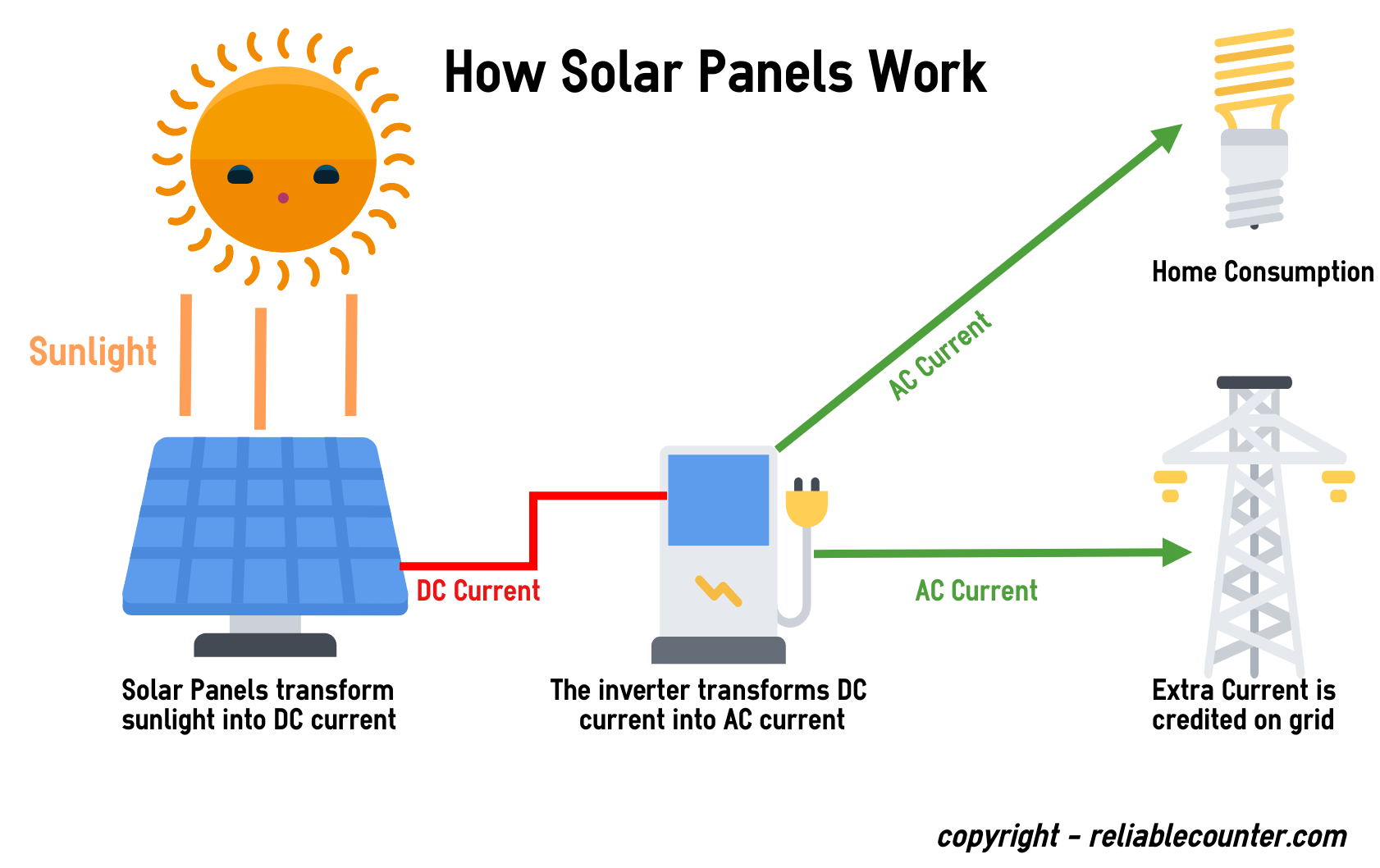
- Sunlight is transformed into DC (Direct Current) electricity by solar panels.
- DC electricity produced in excess is directed to charging the power system.
- The inverter changes the DC electricity generated by the solar panels into AC (Alternating Current) for home use.
- The inverter is also capable of converting AC to DC, which is used to charge the system using economical off-peak electricity from the mains.
Solar photovoltaic (PV) systems convert sunlight into electricity.
The electricity produced by solar panels is suitable for powering home appliances directly or storing in a battery for later use when the sun isn’t shining.
Any surplus electricity generated by the solar photovoltaic (PV) system that is not used or stored is fed back to the grid.
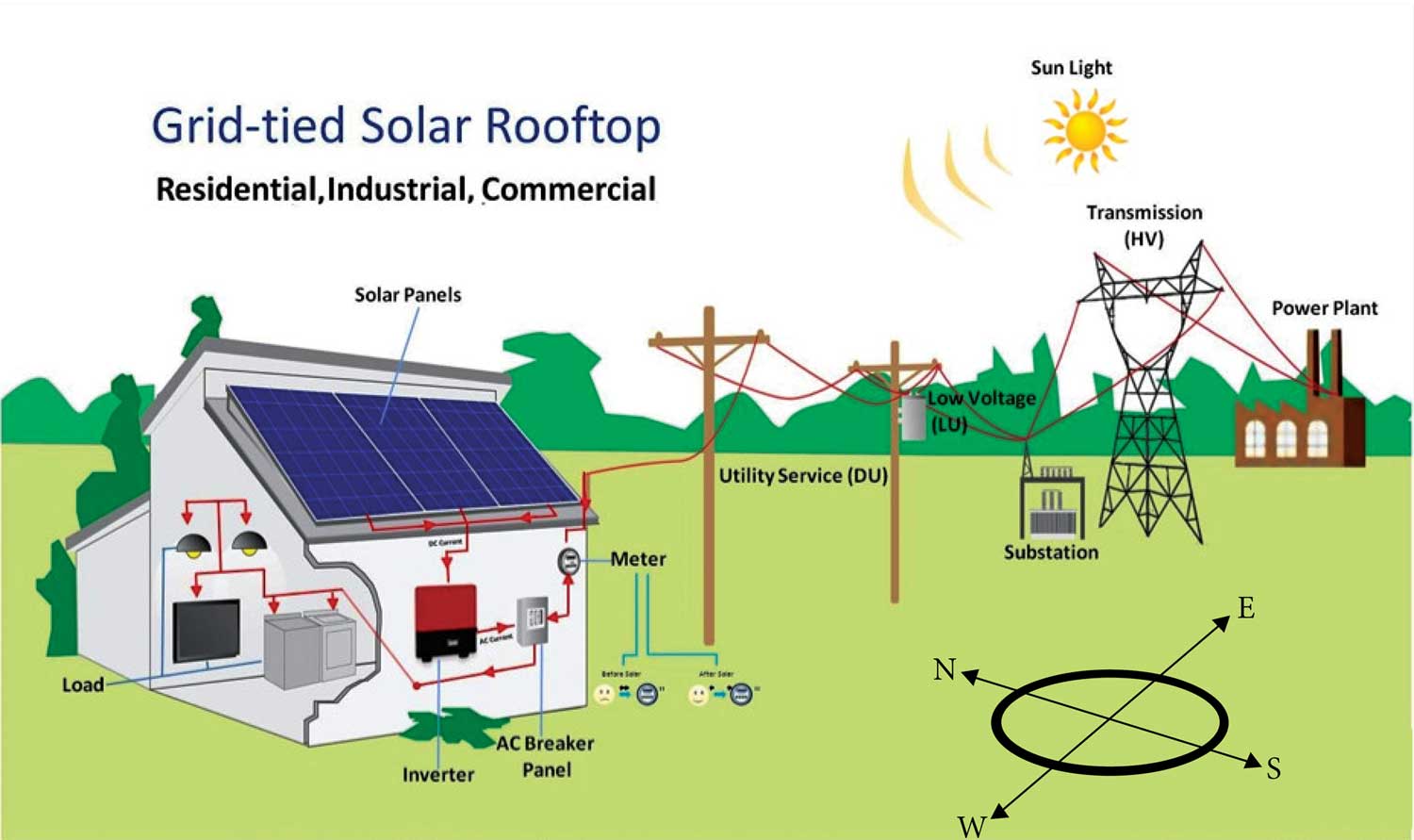
Why Choose Us?
Dawnice has accumulated over 12 years of experience in the industry, offering a wide range of energy storage solutions, including lithium-ion battery products, catering to various applications such as energy power, network energy, residential energy storage, and portable energy storage. This diversity allows customers to find tailored solutions that meet their specific needs.
The satisfaction and trust expressed by our customers through positive feedback and product reviews are true testaments to the outstanding quality of our offerings. We take pride in showcasing the voices of our clients as a genuine reflection of the excellence that defines our brand, rather than relying on self-promotion.
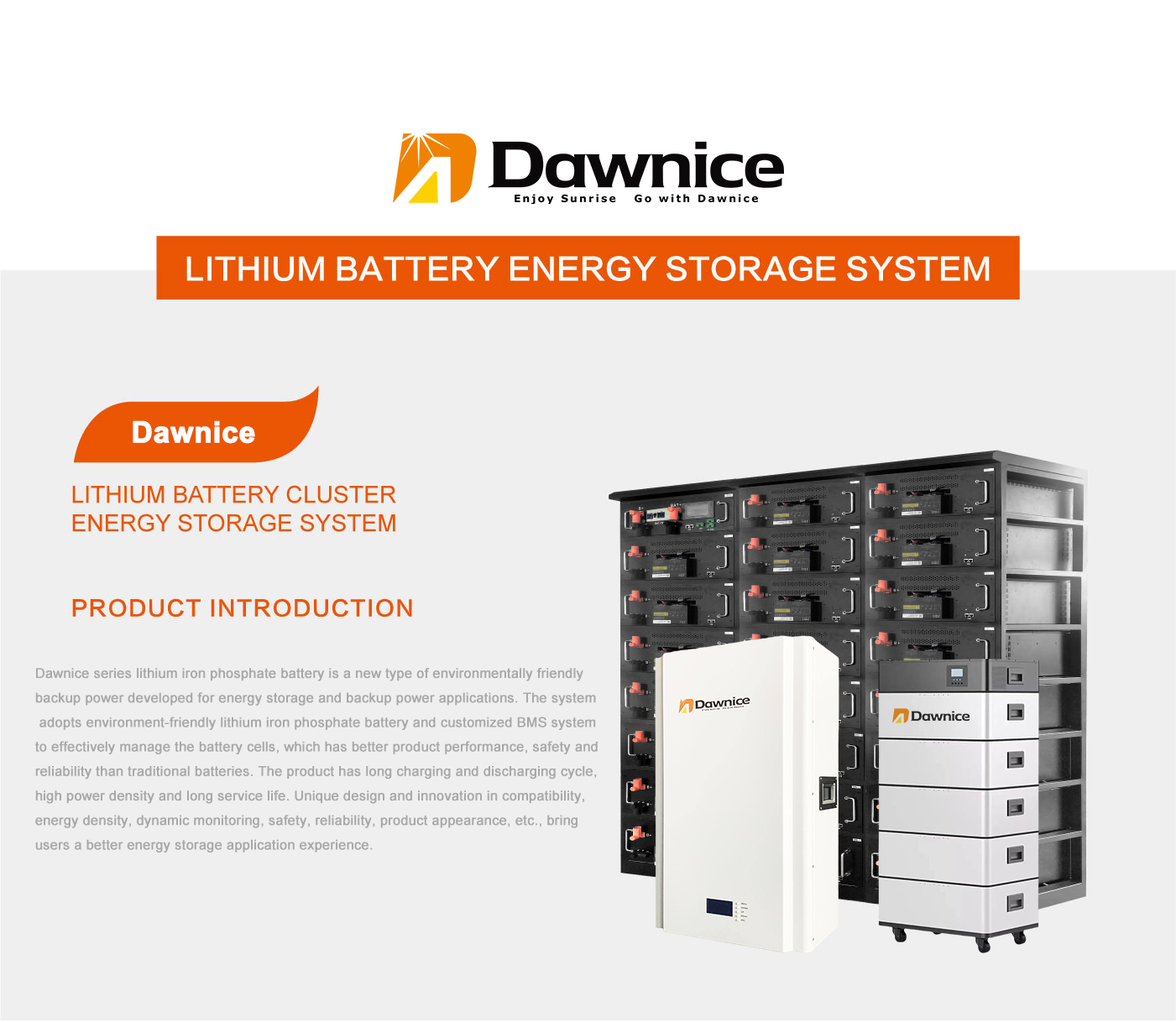
Our Projects
